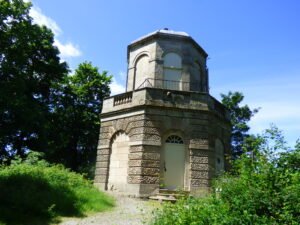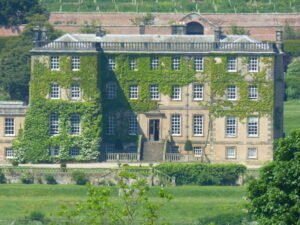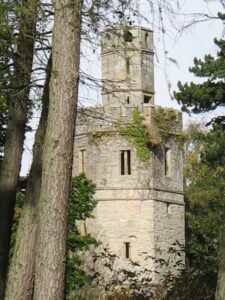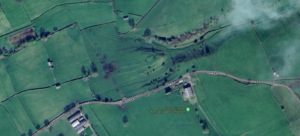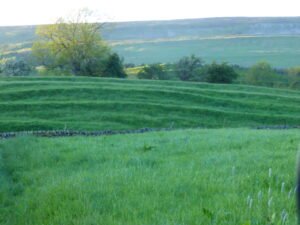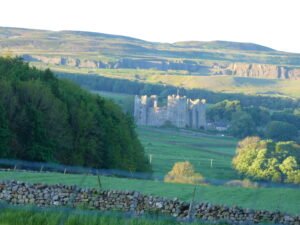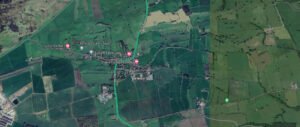The Temple Folly, an 18th-century Grade II listed structure, stands as a testament to the architectural whimsy of the period. Nestled in the Yorkshire Dales National Park, this folly is situated on the north side of the road from Leyburn to Hawes, near West Witton.
Blog Archive
Bolton Hall, Wensleydale
Bolton Hall, a stately country house in the Yorkshire Dales, has a rich history that intertwines with the broader narrative of the region. The current Bolton Hall was constructed in the late 17th century, specifically in 1678, for Charles Paulet, the 1st Duke of Bolton, as a reward from King William III for his support during the Glorious Revolution.
Polly Peachums Tower, Wensleydale
Polly Peachum’s Tower, also known as The Mount, is a structure steeped in history and nestled in the scenic beauty of the Yorkshire Dales. This Grade II listed building, dating back to the 17th or early 18th century, was originally a hunting tower before it became associated with the character Polly Peachum.

